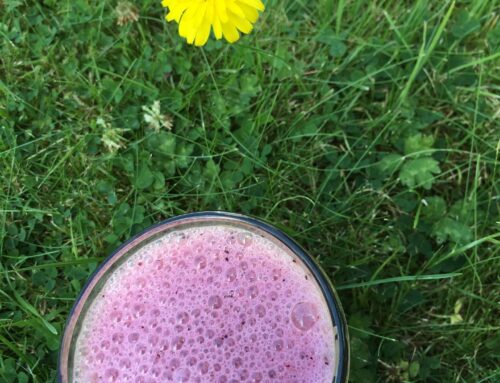«As a yoguis we know the importance of maintaining balance for wellbeing. Our diets, mind states, and environments are as much allies as challenges for keeping that crucial for health balance of acidity and alkalinity in our body tissues.» (Sepúlveda, 2017).
Alkaline diets favour our health by balancing the pH of our blood between 7.35 and 7.45. They provide us with vitality, energy and prevent diseases, although this is not proven by doctors.
«With an alkaline diet we avoid processed foods, animal proteins, sugars, caffeine and theine.
Instead, we find a balance through alkalizing the body with sodium, potassium, magnesium and calcium» (Sepúlveda, 2017).
For a balanced diet we need three groups of natural foods: carbohydrates, proteins and fats.
What are carbohydrates?
This is the largest group, and includes all fruits, almost all vegetables and cereals. Carbohydrates are high in sugars, starches, and fiber, and are the body’s main source of energy. In the process of digestion, sugars and starches are transformed into simple sugars, which are absorbed by the blood and transformed into glucose. Glucose, or blood sugar, is the main source of energy for the body’s cells, tissues, and organs.
Carbohydrates:
-Fruit and fruit smoothies.
-Cereals: oats, millet, quinoa, pasta and brown rice.
-Milk and dairy products, vegetable milks.
-Beans, legumes and lentils.
-Starchy vegetables like potatoes and corn.
-Vegetables: onion, garlic, spinach, artichoke, carrot, basil, pumpkin, beet.
What are the types of proteins?
Vegetable proteins are much easier to digest. It is important to combine plant proteins to benefit from the eight essential amino acids: leucine, isoleucine, phenylalanine, methionine, lysine, threonine, tryptophan and valine.
Proteins:
| Leguminous & Legumes/ | Nuts & seeds/ | Products with soy based/ | Seaweed |
| Garrafón bean | Almonds | Beans soya | Spirulina |
| Chickpeas beans | Sunflower & | Miso | Agar-agar |
| Black beans | Sesame seeds | Yoghurt | Hijiki |
| Cannellini beans | Hazelnuts | Tofu | Nori |
| Lentejas | Pinions | Soya sauce | Kombu |
| Kidney beans | Pistachios | Soya milk | Dulse |
| Black-eyed peas | Coco nuts | Arame | |
| Fava beans | Squash seeds | Alaria | |
| Walnuts | Cochayuyo | ||
| Peanut | Wakame | ||
| Carragaheen | |||
| Fucus | |||
| Chlorella |
What are the types of fats?
Fats provide a lot of energy and help with the absorption of vitamins A, D, E and K, as these dissolve better in a fatty medium.
Vegetable fats are made up of unsaturated fatty acids and have healthy properties. They help prevent cholesterol, heart problems, and obesity.
«75 percent of the brain is made up of essential fats» (Corrett & Edgson, 2017).
Fats:
-Olive oil
-Olives
-Avocado
-Margarine
-Sunflower oil
-Coconut oil
Referencias:
Sepúlveda, Elena. Yogagenda 2017 (Gaia Ediciones: Móstoles, 2016), p. 62.
Corrett, Natasha & Edgson, Vicky. Eating the Alkaline Way (Blume: Barcelona, 2017), p. 12-15.



